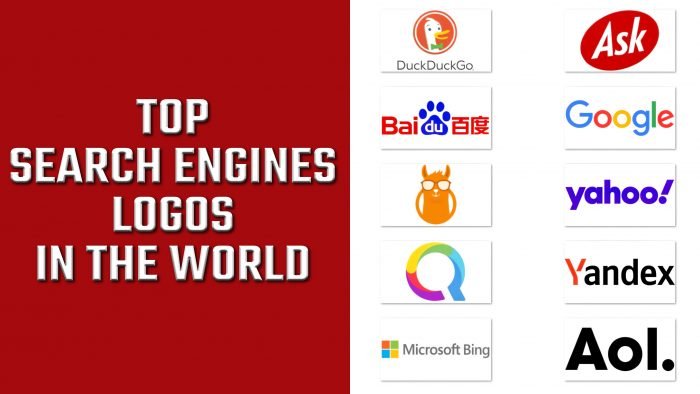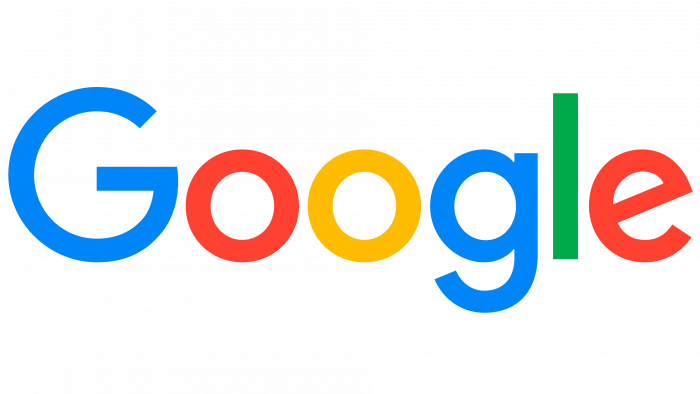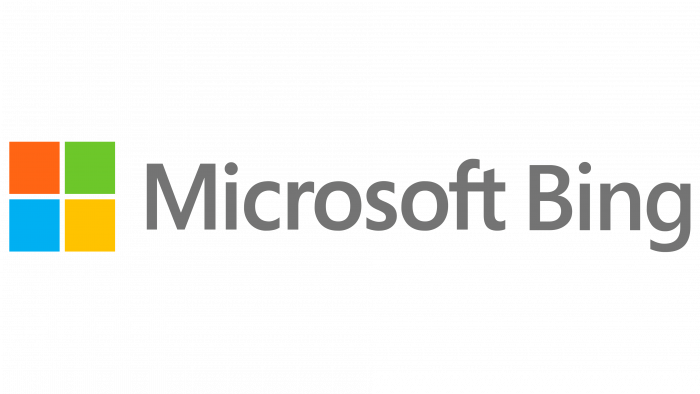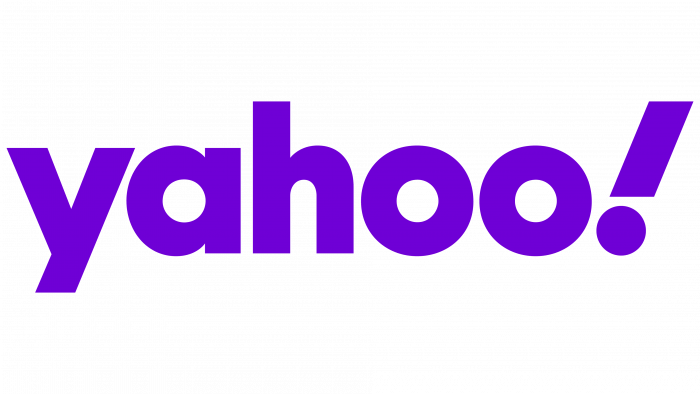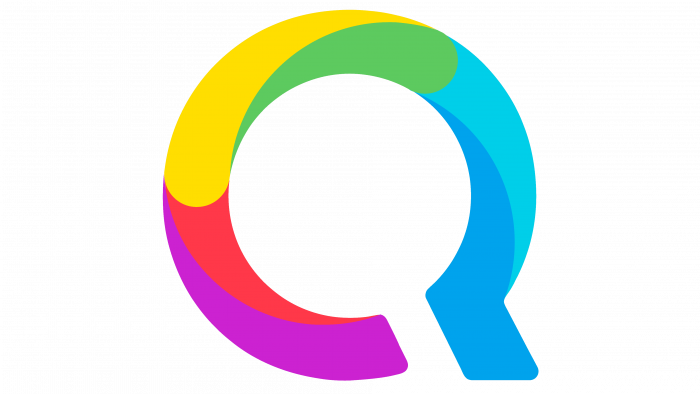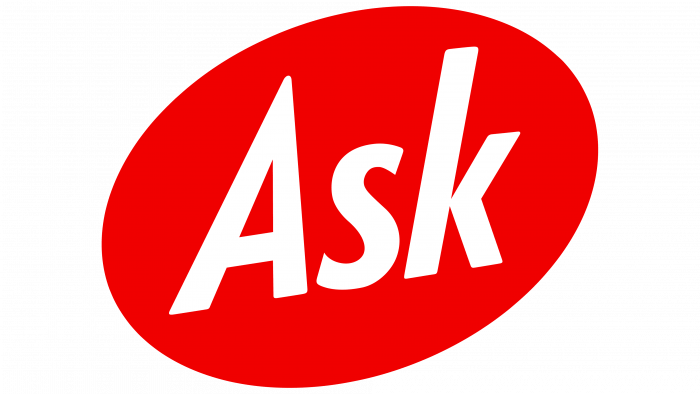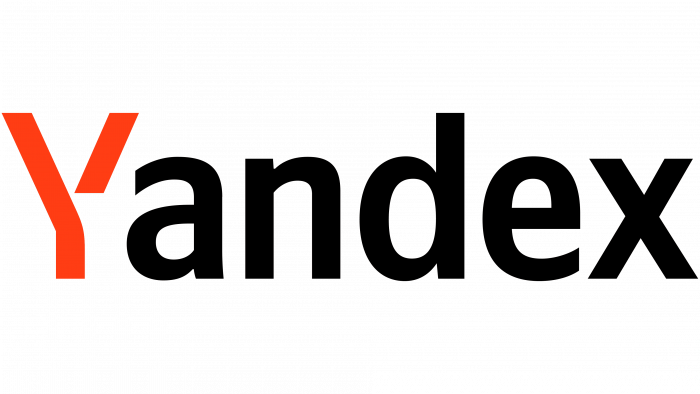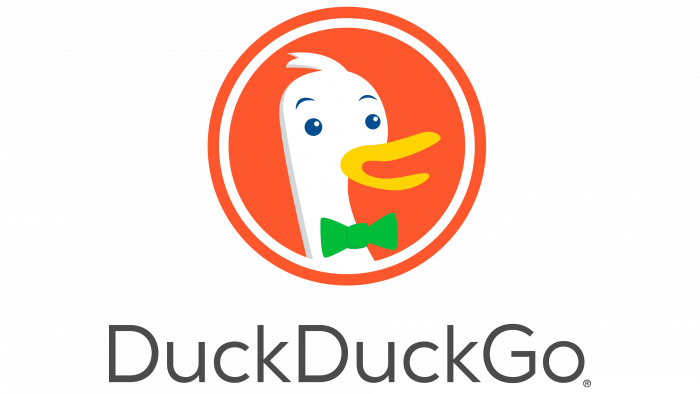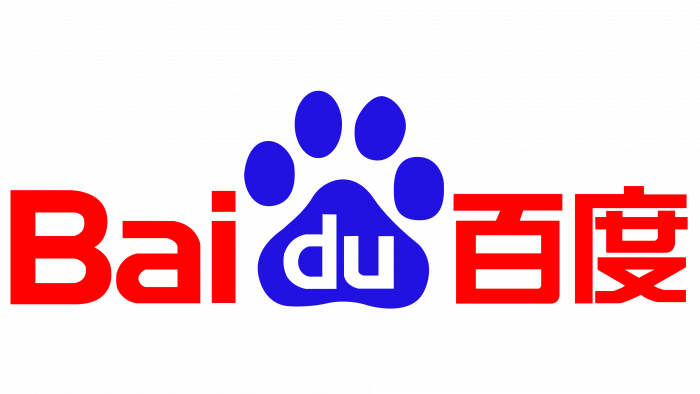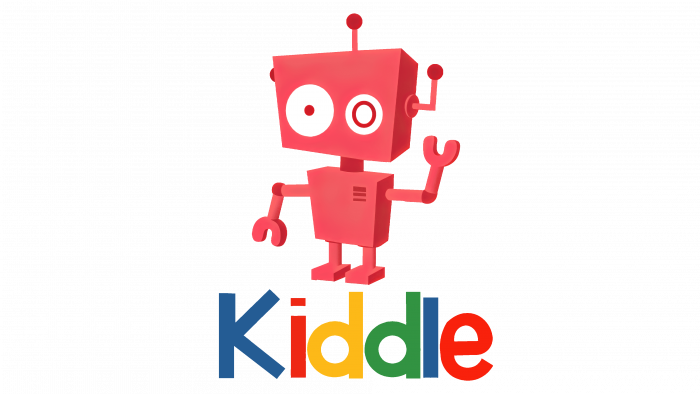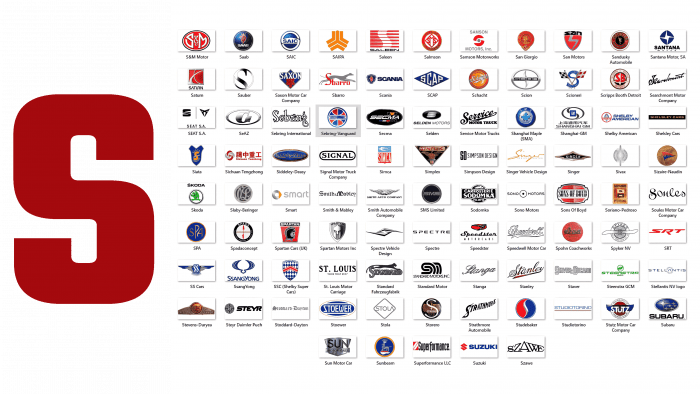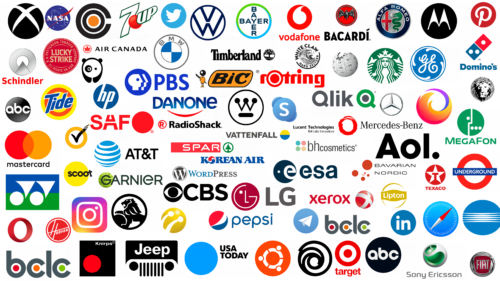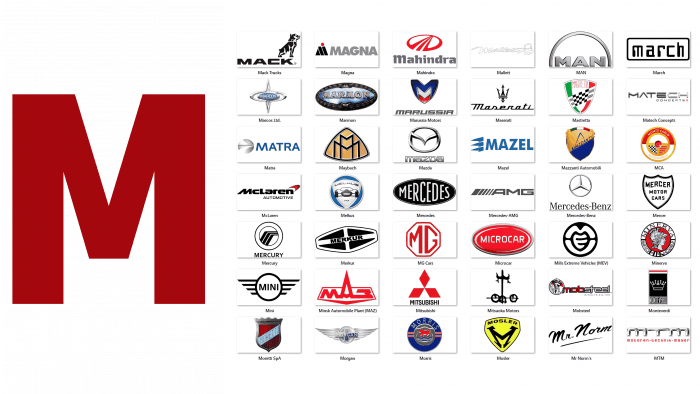Millions of people around the world use search engines daily. Logos help distinguish them from each other, and simultaneously, the image is always in plain sight. Companies usually use a bright color palette to remember and stand out easily. Search engines from our collection feature rich colors that have become legendary quickly.
What are the best search engine logos in the world?
This list includes logos of search engines that are famous around the world: Google, Microsoft Bing, Yahoo, Qwant, Ask.com, Yandex, AOL., DuckDuckGo, Shenma, and Baidu.
The Google logo is a legend. Colorful letters accompany us to the search engine and other company products daily. The modern version of the image was developed in 2015. The essence of the logo has not changed throughout history, but in the latest version, the designers replaced the font with Product Sans. The lettering eliminated serifs and bulges and remained simple and concise.
Google is also famous for its holiday logos – doodles. A team of illustrators creates special images for a particular day, such as New Year’s Eve or Valentine’s Day. Since 1998, the company has designed more than 4,000 doodles. There is also a discolored logo that Google uses in case of tragedies worldwide.
Microsoft Bing
Microsoft’s search engine is the fifth most popular service. The laconic name is quickly remembered, but after its release, humorous variants of the word’s meaning began appearing on the Internet, such as “Bing Is Not Google” or “But It’s Not Google.” In 2020, the corporation took a responsible approach to the visual identity of its products and began replacing the design.
Bing now uses a concise logo as a small “b.” In line with design trends, flowing lines and a gradient were added to the logo. Also, the Microsoft prefix has been added to the name. The branded image is only visible in the favicon, while the official Microsoft logo is displayed on the website. It is still unclear how the corporation will proceed and which images will remain on the site.
Yahoo
When Yahoo first entered the market, it positioned itself as a website directory. The company soon evolved into a search engine, along with email, news, financial, and shopping services—an equally interesting story behind the name. When the founders tried to patent it, it turned out that a barbecue sauce manufacturer had taken up the name. Then, the developers decided to add an exclamation point, which became the main symbol of the company.
“Project Purple” is what Pentagram called the project of redesigning Yahoo’s visual identity in 2019. The designers decided to use a different font without serifs and rounding. The exclamation point is depicted in italics, which stands out against the name. Also, the designers picked up several shades of purple color for Yahoo.
Qwant
Qwant is a search engine created as an alternative to Google in the European market. The service is most popular in France. The system offers the user a choice of three different interfaces. The search engine also divides queries into five categories and offers several modes, including one for children with a list of banned sites.
The search engine’s logo is a letter “Q,” resembling a magnifying glass. It symbolizes the process of searching for information using the system. The color combination is based on three basic shades: red, green, and blue. You can get different combinations by combining the colors.
Ask.com
Ask.com originally worked as a service to find answers to questions. Soon, the company started using its search engines, but under pressure from Google and Bing, it abandoned the development in 2010. Now, the service continues to use the answer format, having become part of InterActiveCorp.
Ask Jeeves’ first company name was based on the literary work “Jeeves and Wooster” by English writer Pelham Granville Wodehouse. Jeeves was a personal valet who found answers to all questions. The system’s logo is laconic and modern. The designers used a geometric shape combined with a beautiful font inside. The bright red color attracts attention and is easy to remember.
Yandex
Yandex is a major Russian search engine. Now, the company has gone beyond the usual search engine operation and provides services for buying products, making payments, and even developing self-driving cars. The brand used the previous logo for 13 years and decided to change it at the end of March 2021.
Yandex’s visual identity is now represented by a white letter “R” in a red circle. The icons can be seen on cars, branded packages, or couriers’ bags. In addition, the Yandex design team and Ilya Ruderman developed a new font with clear verticals and straight lines. The mobile app and search bar also use the new visual style.
Aol.
In the early 2000s, AOL was the leading Internet service provider in the United States. Later, the company lost its position. In 2009, the designers presented a logo still used on the company’s website. The simple, uncomplicated AOL lettering with a dot at the end won 1st place in the Brand New Awards competition 2009.
Wolff Olins Agency designed the black logo. The dot at the end of the image symbolizes confidence and completeness. The acronym AOL comes from the previous name of the search engine, “America Online.” The name was too long to be quickly memorized, so the team shortened it to three letters.
DuckDuckGo
DuckDuckGo is a search engine that has gained popularity among American users. The search engine is privacy-oriented, does not store IP addresses, and rarely uses cookies. The company abandoned the filter bubble, which shows query results based on each user’s characteristics. The search engine offers a look at the full list of sites.
The system is named after the children’s game “Duck, Duck, Goose.” Although the company’s logo may seem ridiculous, users loved the unusual design. The image used a bright color palette, and the interesting character attracted even more attention. The designers did a great job on the details and created a recognizable visual image of DuckDuckGo.
Shenma
Shenma is a Chinese search engine that also has an interesting character on its logo. A cheerful horse invites the user to use the search engine. Translated from Mandarin, Shenma means “sacred horse”. Elements such as a circle on the horse’s background and glasses associated with the information search can also be noticed. The image is rendered in shades of brown and orange. This color palette does not traumatize the eyes but attracts attention. Also next to the image is the search engine’s name, and an arrow symbolizes the diversity of results.
Baidu
Baidu is the leading search engine in China. The company even created its own Baidupedia, which replaced the world-famous Wikipedia. The service contains about 15,000,000 articles that are vetted and censored.
Baidu’s logo is very interesting. According to one version, the dog’s paw in the logo’s center stands for Google. In China, “Google” is often mispronounced, and you get “dog.” According to another version, the paw print symbolizes the wonderful ability of animals to find objects. One of the logos contains the name Baidu in English and Chinese. The red color symbolizes the hue of the Chinese flag, similar to Hex # DE0F17.
Sogou
The Chinese search engine Sogou is still a “search engine”! After all, its name translates to “search dog”. Behind it is the technology giant Tencent, which, since 2004, has brought the new search engine to the third position in demand in China. But outside the Celestial Empire, it hasn’t caught on yet. The developers have focused on adapting Internet Explorer to the Chinese language environment.
The browser multitasks and is asynchronous, with proxy and offline web surfing in each tab. That way, if one page hangs, all the others remain active. In this sense, it is very similar to Google Chrome, which is what it is designed for, though. Sogou is the Chinese version of Google.
Ecosia
Ecosia is a plus in the karma of those who care about the state of nature on the planet because the latest Internet Explorer directs all advertising revenue to its greening. This reportedly accounts for about 80% of revenue. Every click in the German browser has a huge ecological value.
Christian Kroll created the search engine in 2009 in the German capital. Initially, the company was represented by three people, but today, the staff has certainly increased. Ecosia aims to plant as many trees as possible, reforest, and reanimate the planet. This is undoubtedly a good thing, but from a technical point of view, the search engine is a tracer: it does not have its index and database but mixes the search results of other systems.
Kiddle
Google cared for children: In 2014, Google introduced a search engine for young users not interested in adult problems. It was supposed to work with the direct assistance of the parental system. But no—the “baby” turned out to be completely independent and did not support direct communication with the IT giant. Despite this, it has approximately the same design—bright and colorful.
Kiddle uses a special ranking algorithm not included in the search results content designed for an adult audience. Naturally, priority is given to sites with children’s themes. They are on the first pages of search results. Next come sites for adults with neutral content, the information of which is understandable to a child. As a result, there are web resources with content that is difficult for children to perceive but safe and useful. In addition, the search engine uses large images and enlarged fonts.
FAQ
What is the famous search engine logo?
The famous search engine logo is Google’s. It identifies the brand in many settings. Google has had several logos in its history. Sergey Brin created the first logo using GIMP, an image editing software.
The current logo is simple and clean, featuring the name in a sans-serif font with vibrant colors: blue, red, yellow, and green. This design shows the brand’s playful yet straightforward approach. The primary colors, with a touch of green, highlight Google’s focus on simplicity and innovation.
The logo has had updates over the years to stay modern and relevant, but it has always kept its colorful and friendly look. This iconic logo is recognized worldwide and stands for the brand’s commitment to organizing information and making it accessible to everyone.
What search engine is blue and green?
Bing is a search engine known for its blue and green color scheme. Its search pages resemble Google’s, with categories, a white background, blue links, and green URLs. This design makes it easy to find information.
A unique feature of Bing is its “Rewards” program. Users earn points when they search or shop using Bing. These points can be redeemed for rewards like gift cards, sweepstakes entries, or charitable donations.
This familiar design and the Rewards program make the brand a notable option in the search engine market. This approach helps the brand attract and keep users by offering usability and tangible benefits.
What is the number 1 search engine in the world?
Google is the number one search engine in the world, holding around 80% of the global web search market. The brand provides highly accurate and relevant search results. Its advanced algorithms improve constantly to give users the best answers to their queries.
Google’s simple and clean interface is user-friendly, making it easy for people of all ages and technical abilities to navigate and find information quickly. The brand has an extensive ecosystem that integrates services like Gmail, Google Maps, Google Drive, and YouTube. This integration creates a seamless experience, encouraging users to stay within the Google environment for various activities.
Google has established strong partnerships and advertising networks. Its AdWords platform helps businesses reach targeted audiences, making it a popular choice for advertisers. This robust advertising infrastructure strengthens Google’s position as the leading search engine.
What are the five most commonly used search engines?
Google, Bing, Yahoo, Baidu, and Yandex are the five most commonly used search engines. Their market share ranks them.
The top search engine is Google, holding about 80% of the global market. It is known for accurate and relevant search results. The brand’s user-friendly interface and services like Gmail, Google Maps, and YouTube add to its appeal.
Bing is in second place. Created by Microsoft, it has a visually appealing interface with features like image and video search previews. It integrates well with Microsoft products like Windows and Office.
Yahoo ranks third. Though Bing powers its search results, it has a unique interface and offers services like Yahoo News, Yahoo Finance, and Yahoo Mail.
Baidu is the fourth-ranked search engine in China and the top provider of Chinese-language services, such as maps, news, and music.
Yandex is Russia’s fifth-leading search engine. It is known for its local language capabilities and tailored search results. Yandex offers services like Yandex Maps, Yandex Mail, and Yandex Taxi.
What search engine is better than Google?
It’s difficult to find a search engine better than Google because of its features, accuracy, and popularity. Some alternatives offer unique benefits, especially for privacy. Here are a few options:
- DuckDuckGo is a popular privacy-focused search engine. It does not track your search history or personal information, providing a more private browsing experience.
- Startpage is another strong choice for privacy-conscious users. It acts as an intermediary between you and Google, providing Google search results without sharing your personal information with the search giant.
- Mojeek is a lesser-known search engine that prides itself on being independent. Unlike most search engines that rely on third-party results, Mojeek has its web crawler and index.
- Neeva is a subscription-based search engine that provides an ad-free experience. Founded by former Google executives, it aims to deliver high-quality search results without the influence of advertisers. Neeva respects user privacy and does not track or sell personal data.
These alternatives might not match Google’s market share or features, but they offer unique benefits, especially regarding privacy.
